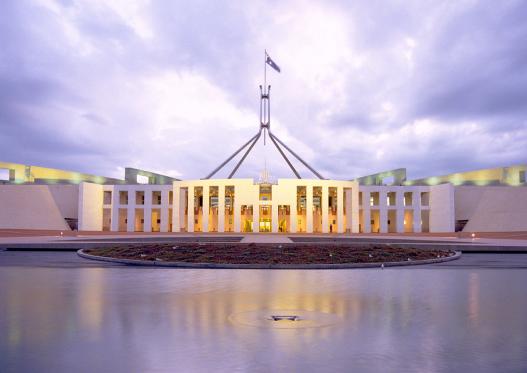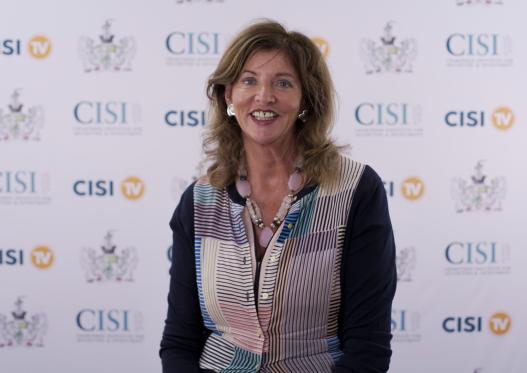The FINSIA Podcast caught up with one of those in the spotlight to find out why they turned to Tik Tok and Instagram – and hear how they felt about the threat of $1m fines when ASIC launched a crackdown against unlicensed advice.
For Natasha Etschmann, who has more than 150,000 followers on the video streaming platforms and prefers the title of content creator, it has been a COVID-fuelled whirlwind.
As a successful investor who had bought her own apartment by the time she was 21, Natasha decided to share her thoughts on what she was spending and doing with her money on Instagram in August 2020 as the pandemic gripped Australia.
“People were quite interested. I got a few thousand followers in the first month, then I started posting on TikTok in September, and I think I reached 10,000 pretty soon after that,” says Natasha, who goes by the name Tashinvests and also co-hosts the Get Rich Slow Club podcast.
With the figure for the number of followers growing steadily for Natasha and other so-called finfluencers, regulators began to worry about the potential damage from unlicensed advice and issued warnings.
Though Natasha says she was already looking for advice from them before the threat of $1m fines came “out of the blue”.
“I'd been looking for answers and talking to advisors and other people asking, what can we say?
Some people said that you might fit under the media exemption like the news would, whereas other people are like, "Oh no, you can't be doing this stuff."
“So I think it was good to finally get clarity. It was a bit out of the blue at that time.
“I did try and talk to them, but they didn't really have very set answers, and it's just the difference between the types of media.
“The Corporations Act was written in 2001. So it's very outdated in terms of what's media and what's not. But social media is media, so it's interesting that some things will fit under that exemption, but others won't.
“No one really knew the answer, everyone kind of had an opinion, but it was really hard to get one straight direct answer.”
To avoid ASIC ire, Natasha teamed up with financial planning firm Guideway so she can provide general advice. Qualifying as an advisor is not on the agenda, though.
“There's so much compliance stuff with being a financial advisor and you can only help a really certain population group,” she says.
“It's very unaffordable for a lot of people. And I find that I'm better at talking to multiple people or bigger groups or posting on social media. So for now, general advice is fine for me, maybe in the future, but right now it's not very accessible for everyone.”
What she talking about now has changed since the days of COVID, when “everyone was really excited about all the meme stocks and investing.
“Lots of people had spare money to invest, whereas now the more popular content is around saving money and the cost of living and those smaller quick savings hacks compared to investing.
“A lot more people don't have that surplus income to invest right now.”
Natasha is also adamant that there is a need for the kind of content she provides as people will end up getting bad or irrelevant advice from
“If there's no one in Australia talking about super and how our credit system works, then people will listen to people from the US for example,” she says.
“I get so many questions about Australians asking me how to invest in their Roth IRA and having to explain that that's not an Australian thing. Or people assuming our credit system is the same as the US, and they need to get a credit card to build a credit score, when really it's not the same here.
“If you don't have that Australian influence, people will get advice that's not applicable to them. There are lots of scam accounts out there as well. I get so many questions about Forex or the latest crypto scam, and why can't I just put all of my money into this Forex trader AI bot thing? So you need people counteracting that.”








